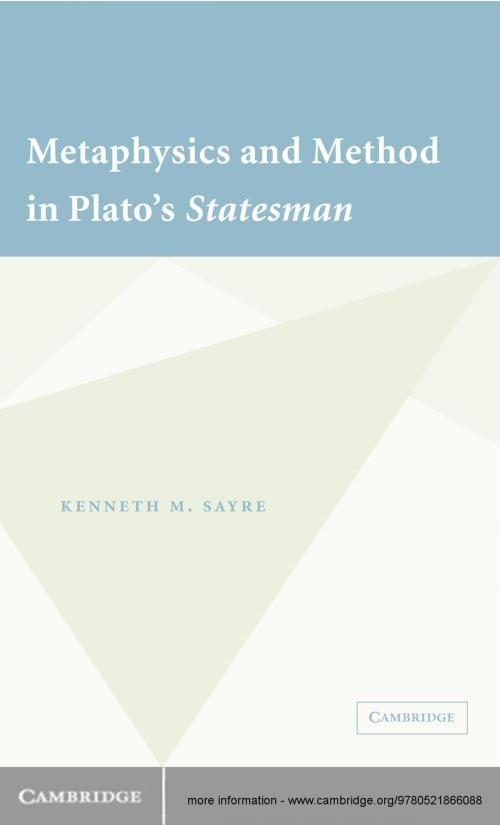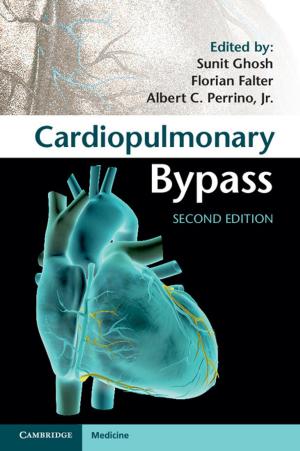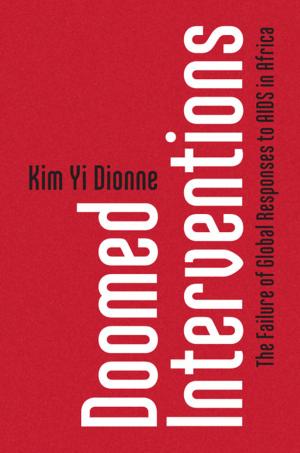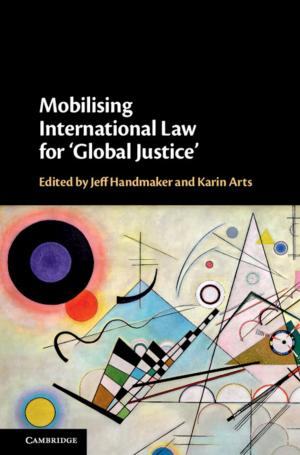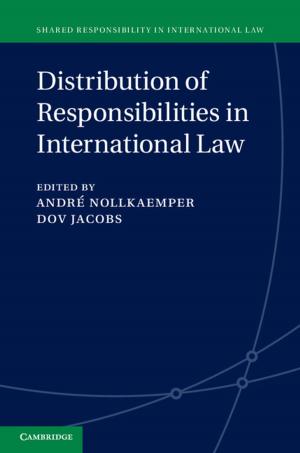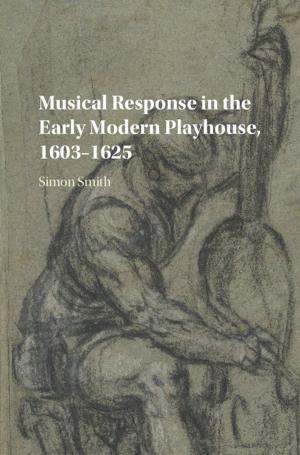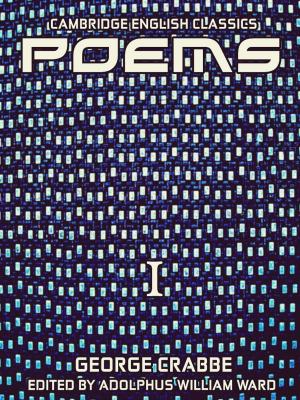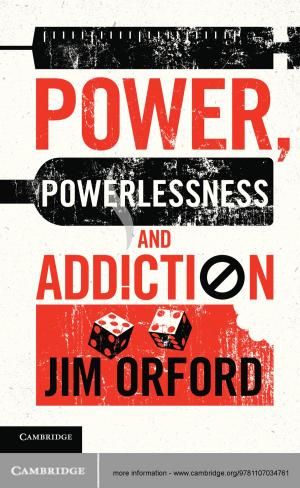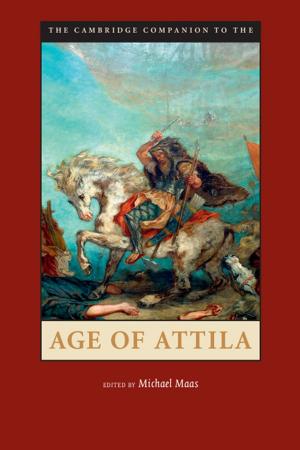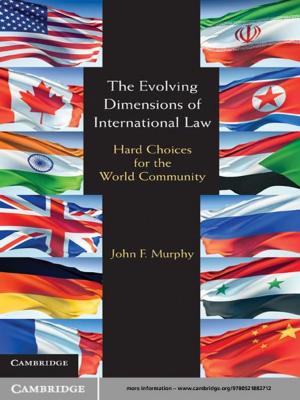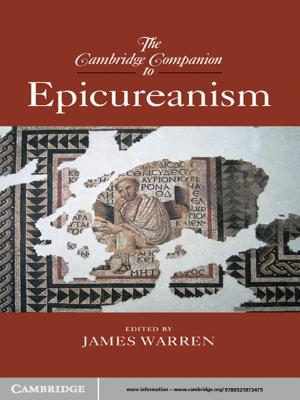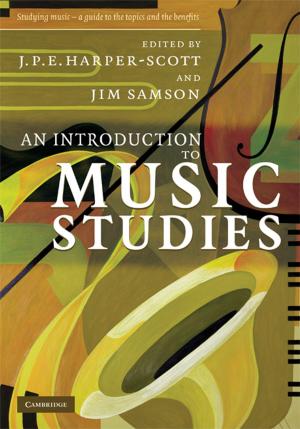Metaphysics and Method in Plato's Statesman
Nonfiction, Religion & Spirituality, Philosophy, Ancient, Social & Cultural Studies, Social Science| Author: | Kenneth M. Sayre | ISBN: | 9781139810616 |
| Publisher: | Cambridge University Press | Publication: | July 31, 2006 |
| Imprint: | Cambridge University Press | Language: | English |
| Author: | Kenneth M. Sayre |
| ISBN: | 9781139810616 |
| Publisher: | Cambridge University Press |
| Publication: | July 31, 2006 |
| Imprint: | Cambridge University Press |
| Language: | English |
At the beginning of his Metaphysics, Aristotle attributed several strange-sounding theses to Plato. Generations of Plato scholars have assumed that these could not be found in the dialogues. In heated arguments, they have debated the significance of these claims, some arguing that they constituted an 'unwritten teaching' and others maintaining that Aristotle was mistaken in attributing them to Plato. In a prior book-length study on Plato's late ontology, Kenneth M. Sayre demonstrated that, despite differences in terminology, these claims correspond to themes developed by Plato in the Parmenides and the Philebus. In this book, he shows how this correspondence can be extended to key, but previously obscure, passages in the Statesman. He also examines the interpretative consequences for other sections of that dialogue, particularly those concerned with the practice of dialectical inquiry.
At the beginning of his Metaphysics, Aristotle attributed several strange-sounding theses to Plato. Generations of Plato scholars have assumed that these could not be found in the dialogues. In heated arguments, they have debated the significance of these claims, some arguing that they constituted an 'unwritten teaching' and others maintaining that Aristotle was mistaken in attributing them to Plato. In a prior book-length study on Plato's late ontology, Kenneth M. Sayre demonstrated that, despite differences in terminology, these claims correspond to themes developed by Plato in the Parmenides and the Philebus. In this book, he shows how this correspondence can be extended to key, but previously obscure, passages in the Statesman. He also examines the interpretative consequences for other sections of that dialogue, particularly those concerned with the practice of dialectical inquiry.
